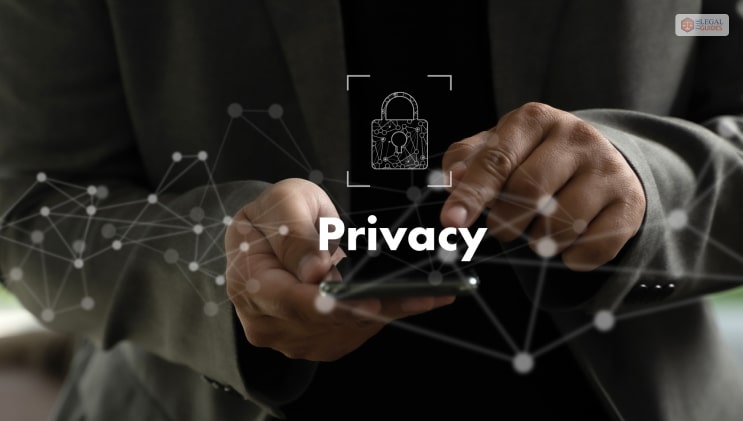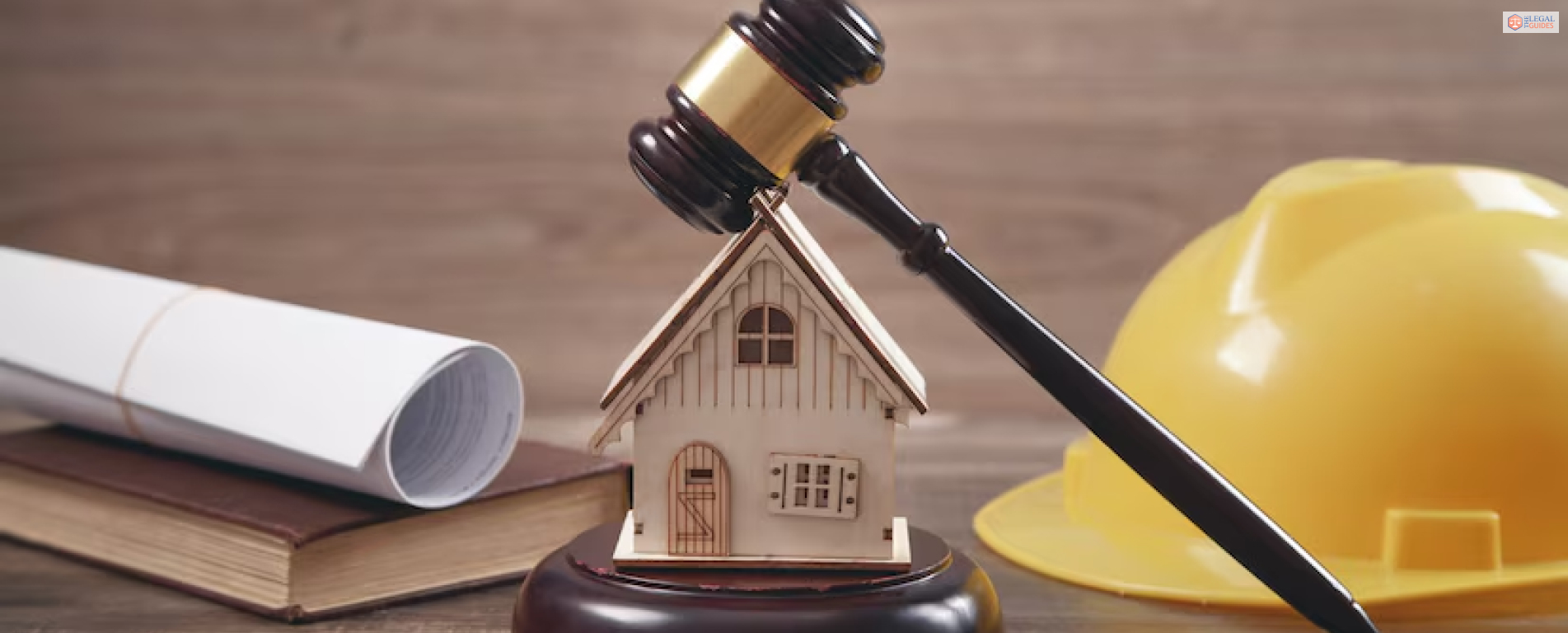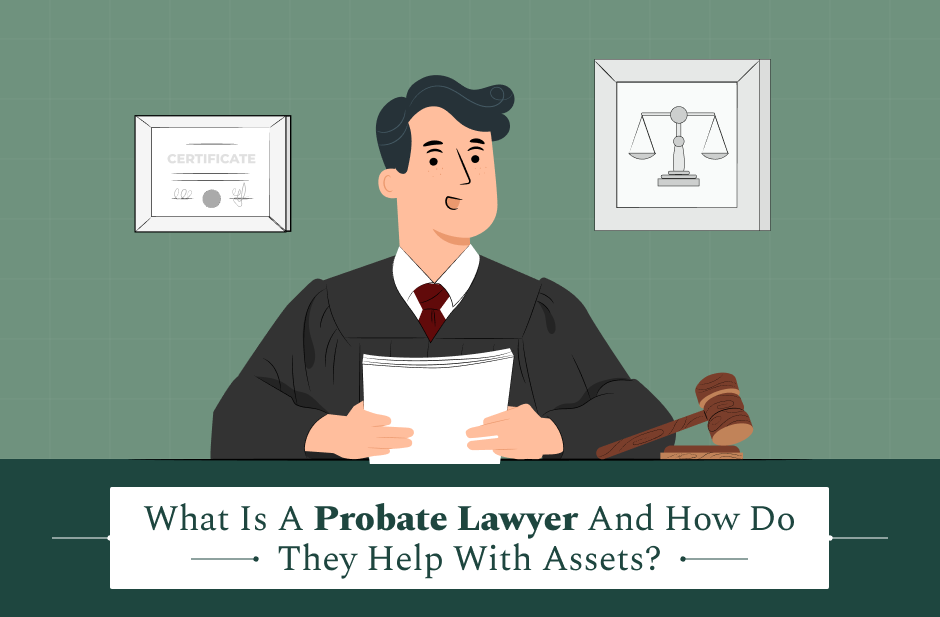The Privacy Act was enacted in 1974. It is a federal law that sets up guidelines for the collection, use, and disclosure of personal information of citizens of the United States by government agencies.
The following events caused the enactment of the Privacy Act in the USA.
a. There were concerns amongst the general population about government surveillance in the 1960s and 1970s. Law enforcement and intelligence agencies, like the FBI and CIA, were suspected of using covert means to spy on the population.
b. Public outrage over intelligence scandals was getting out of hand. The COINTELPRO program and the Watergate scandal made the public question the need for privacy protections.
c. Soon, Congressional investigations (Church Committee hearings of the 1970s) brought to light the abuses of power by intelligence agencies.
d. This led to the rise of advocacy by civil liberties groups to pass privacy legislation against unwarranted government intrusion.
e. The general public became weary of the collection, use, and disclosure of personal information by government and private entities.
Finally, there came a legislative response. The Act was enacted in 1974. It laid down rules about the collection, use, and disclosure of personal information by federal agencies and all other entities.
What Influenced the Privacy Act?

Existing laws like the following:
- Human Rights,
- The Civil Rights
- The Fair Information Practices, and
- OECD Privacy Guidelines,
Provided a foundation for privacy principles.
What are the Basics of the Privacy Act?

Let us now look at what exactly the Act says about your rights.
- The Privacy Act was enacted with the mission to safeguard your privacy. Federal government agencies and even all private bodies follow its guidelines for collecting, using, and maintaining your personal information. This promotes transparency.
- You have the right to be informed when federal agencies collect your personal information. This includes a clear notice stating why they need this information and also what grants them the authority to collect it. This is a legal requirement.
- The agencies collecting your personal information should use it solely for the purposes it was collected. This can only change if you consent to it or the law permits it. This is what prevents unauthorized access to personal data.
- According to this Act, you have the right to access and review your own personal records. This can help you fix inaccuracies or provide complete information.
- Federal agencies protect your personal information, maintain accurate records, and have measures to protect that information. Unauthorized access or breaches are punishable by law.
What are the Limitations of the Privacy Act?

The government or federal agencies have the right to withhold specific information. This may
- classified materials,
- ongoing law enforcement investigations,
- or other information affecting national security,
- Documents related to Grand Jury Proceedings,
- Medical records,
- Financial information,
- or Social Security numbers.
All of these may be withheld to protect the individual or the national security.
What Happens When Your Privacy Has been Breached?

When a breach of privacy occurs under the Privacy Act in the United States, this is what happens.
- The federal or private organization that causes the breach should notify the people whose personally identifiable information (PII) has been divulged without their consent. The notification can be saved through mail, email, or even public announcements.
- A thorough investigation is then conducted. Authorities determine the extent of the breach, its cause and the impact of the breach, and damages, if any.
- Measures are then taken to mitigate the damages and effects of the breach. This includes the prevention of further unauthorized access. This may even include government agencies securing affected systems, enhancing the existing security protocols, and implementing new measures to prevent future breaches.
What Remedial Actions are Available to You?
The severity and impact of the breach determine the remedial actions.
- The party responsible for the breach may decide to provide identity theft protection services, credit monitoring, or other assistance to affected individuals.
- If the breach was caused by negligence or intentional wrongdoing, responsible parties will be facing disciplinary actions. This can either be suspension, termination, to a lawsuit against the individual. The party responsible may also be required to pay punitive damages for the breach.
- Legal consequences can manifest in the form of fines, penalties, or lawsuits brought by affected parties of the privacy violation.
Wrapping Up with Court Rulings!
Different Court Rulings on the Privacy Act have shaped its interpretation over time.
- In Doe v. Chao, 2005, the Supreme Court ruled that aggrieved parties can seek damages for mental and emotional distress under the Privacy Act. This could be a result of a wilful or intentional violation.
- In United States v. Westinghouse Electric Corp, 1986, the Supreme Court held that the Privacy Act does not give one the private right for damages against federal agencies. Only a cause of action against federal agencies can arise out of this.
- In Laird v. Tatum, 1972, the Supreme Court ruled that an actual concrete is a precondition for a lawsuit under the Privacy Act. Mere apprehension is not enough.
Thus, these court rulings provide guidance on various aspects of the Privacy Act.
Read More:
















